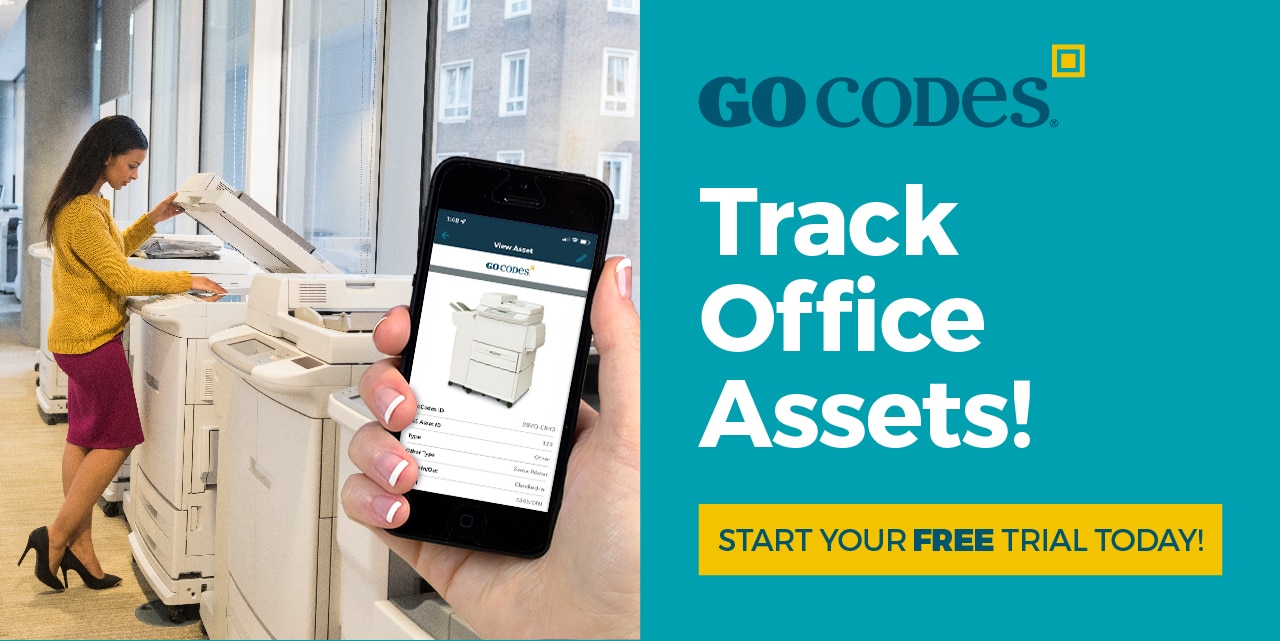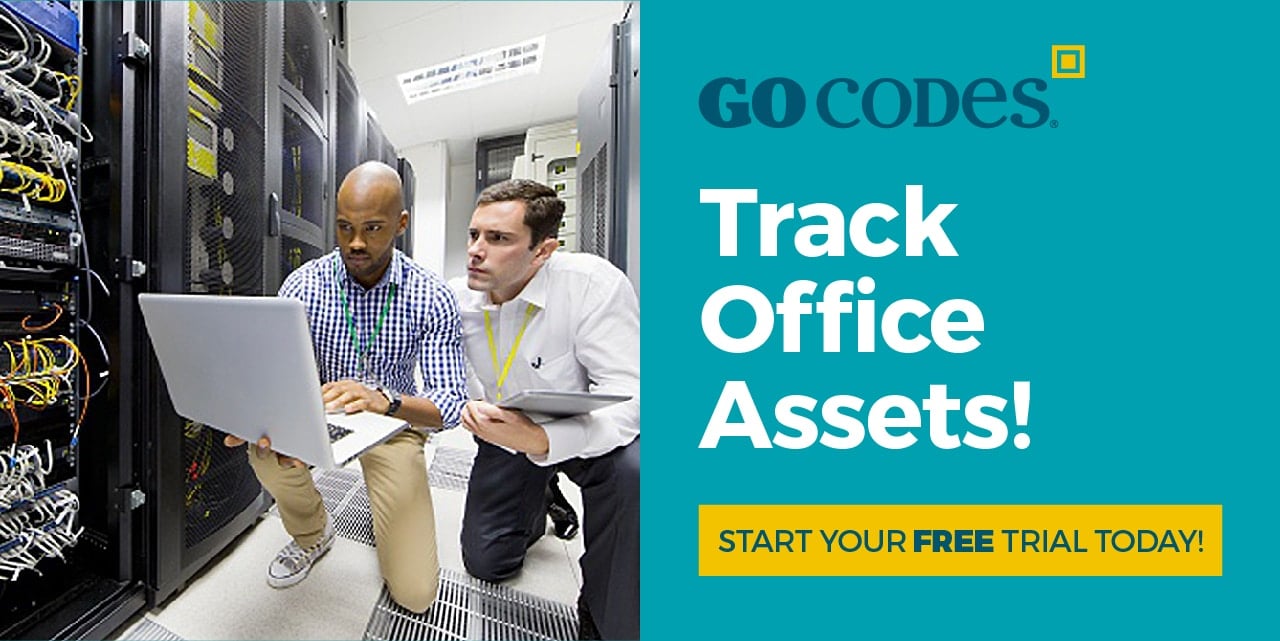Being in charge of the office is not a simple task, especially as the company grows and the workspace becomes more complex.
To enable their coworkers to do their best work and improve the office, office administrators need to master a particular set of skills that benefits the entire team.
If you are in charge of managing an office, this article is for you. We’ll be covering the 9 essential skills you need for successful office management.
In this article...
Organizational Skills
Organizational skills bring structure and order into the workspace.
In any office setting, things have to be well-run, from employees and their daily tasks to the equipment that enables them.
Without an office administrator who’s highly skilled in handling all these things, the business will suffer. That’s a guarantee.
When your office is in order, employees are productive and waste no time performing their tasks. That makes an immediate difference to the overall well-being of your company.
While organizational skills are innate to some people, others can develop them. By doing so, they can fix any lacking organizational skills and become better office administrators.
If you’re struggling with your organizational skills, here’s our top advice.
Start by self-organizing your workspace. You can’t expect to organize the entire office if your own space isn’t in order. It would be helpful to consider this as an organizational exercise.
Second, prepare all daily tasks in advance and track them.
This will give you a checklist to go through—and give you perspective regarding organizational tasks that your office demands.
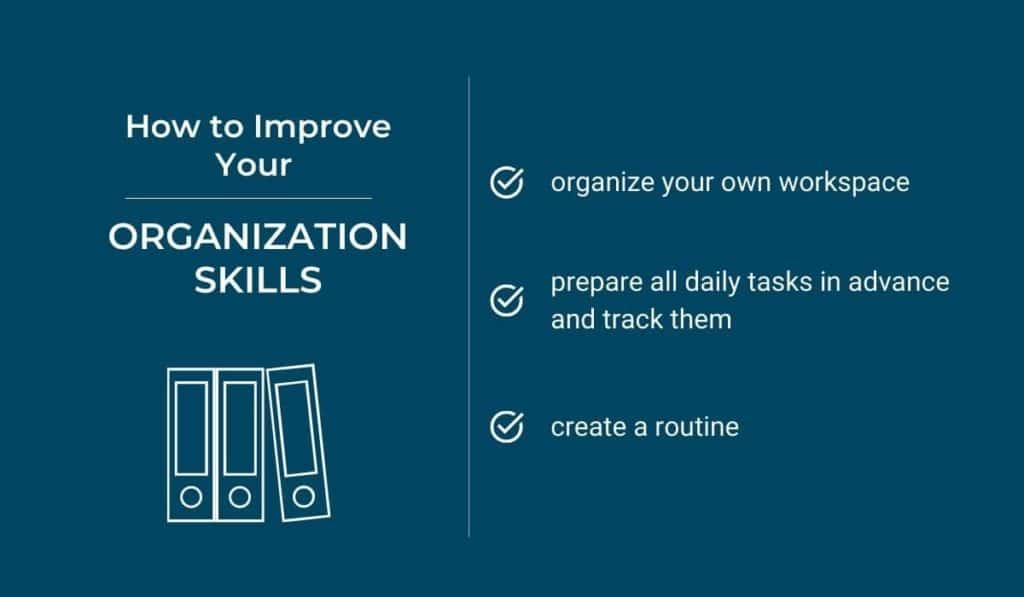
Organizing an untidy office won’t seem like an impossible task, but as a step-by-step process, you can complete it.
Gradually go through the checklist and create an organizational structure in which everything will be in place.
One last thing.
To ensure things stay organized, it’s a good idea to create a routine. That’s how skillful office administrators keep their offices running smoothly.
Start thinking about your daily routine and how it will contribute to an organized workspace.
Strategic Planning and Scheduling Skills
Efficient scheduling is a must for any office that values productivity.
If you’re running a busy office, it’s easy for scheduling conflicts to appear. When that happens, one employee has to sit it out so that the other can complete their task.
It’s a significant waste of resources and it also invites frustration.
However, an office administrator who’s a master of scheduling will make sure that never happens.
A person with well-developed planning and scheduling skills will set everything up in advance so that employees can perform their duties without being in each other’s way.
This requires long-term, as well as short-term planning.
Office administrators map out daily tasks and extensive projects, breaking them down into smaller bits.
By doing so, teams can decide when each task should be completed, who will achieve them, and how.
What can office administrators do to improve their planning and scheduling skills?
First, they should work on anticipating possible scheduling conflicts.
If employees use the same equipment, make sure to set their schedules correctly, so there’s no mixup.
If several employees are dependent on each other to complete their tasks, the plan has to account for that.
After you’ve worked out these dynamics, create a schedule that every team member can access. A fantastic way to enable that is to use scheduling tools.
If you’re interested in scheduling software, have a look at Airtable or Asana.
Let’s keep talking about what else enables administrators to thrive.
Basic Computer Literacy
An office administrator’s job is pretty complex.
It’s a crossover between communicating and organizing the entire team while keeping track of all the assets in the office.
It’s impossible to manage all these tasks without a computer.
At the very least, office administrators have to have basic computer literacy.
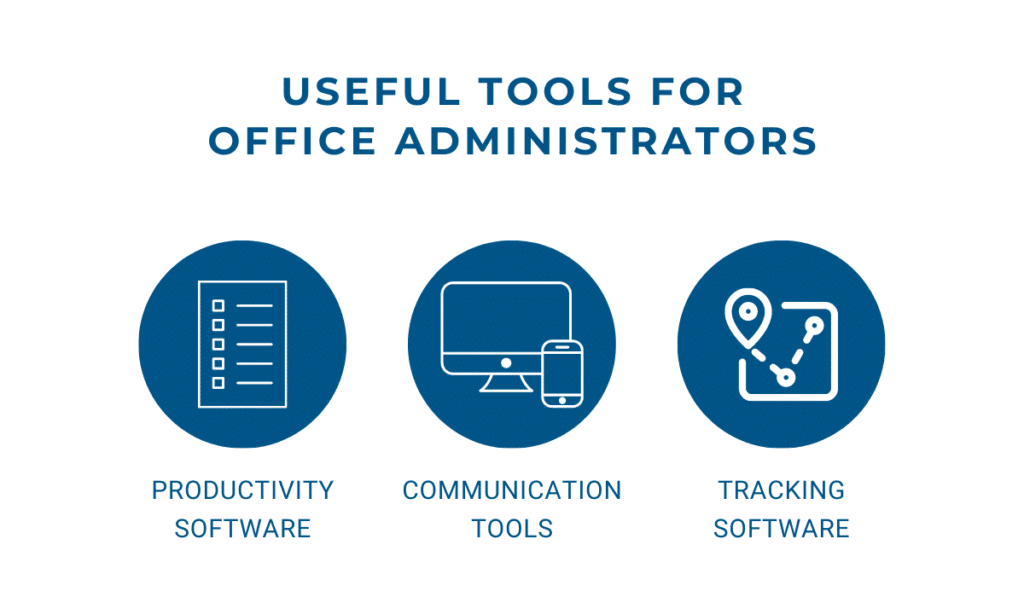
Here are some ways office administrators can make terrific use of their computers.
Productivity software enables office administrators to ensure that all the employees use their time in the best manner to complete their tasks.
Next, communication tools ensure administrators can reach out to team members and communicate any new developments or changes in the plan.
Besides email, there are video conferencing tools and company chats that are vital nowadays.
Finally, there’s tracking software. Since an office depends on various equipment, tracking everything will ensure all the gear is in top running condition and easy to locate.
Without tracking software, an office can quickly turn into an untidy workspace with missing equipment.
The best way for an office admin to strengthen his or her skills is by practice.
The use cases we talked about happen every day, so the best way to improve your practices is by repetition.
If a piece of software seems too complex at first, running an educational session is very helpful.
Since we’ve touched on communication tools, let’s talk about what makes an office admin’s communication skills.
Strong Communication Skills
Effective communication at the workplace is paramount.
It’s safe to say that the office administrator has to have strong communication skills to be an asset to their organization.
As natural organizers, office administrators have to communicate effectively with the team.
This includes both in-person and written communication.
If an office administrator fails to get their message across clearly, they risk sabotaging their work environment.
If you have to delegate complex tasks or deliver essential bits of information, lacking communication is bound to lead to misunderstandings, conflicts, and poor performance.
Being a better communicator requires dedication and willingness to change personal communication habits that might get in the way.
One of these is the ability to listen.
Communication is a two-way process, so by listening to what your coworkers are saying, you’ll be able to understand them better and adjust your communication.
The second important thing is to practice being concise.
Office admins should keep their messages short, clear, and to the point.
What you’re saying has to be easy to understand, or else it will confuse others, especially when communicating vital tasks.
Finally, it would be best if you were approachable. This will make your coworkers confident in speaking to you in an honest and friendly manner.
Whenever they have questions, they won’t hesitate to ask.
That’s critical!
By doing so, you’ll encourage them to clear up any misunderstandings before they lead to bigger problems.
And what about stressful situations in the office?
Composure Under Stress
It’s common knowledge that offices can often be stressful environments.
As an office administrator, it’s crucial that you stay calm and collected, even in the most stressful times.
Granted, it’s hard to stay calm in certain situations, but giving in to the stress will only make things more difficult for the team and escalate matters further.
Staying calm in the face of stressful situations diffuses the situation; it sets things up for improvement.
Since office administrators are key office personnel, you’re setting an example for your team and actively making things better by remaining calm.
So how do you get from stressed out to calm?
It might sound impossible, but it’s not.
Composure is a skill, which means you can practice and perfect it. And here’s how you can do it.
When we’re under stress, it’s easy to become agitated and lose focus. To combat this, office admins need to stay in charge of their emotions.
Don’t give up on communication in stressful situations. You can find your way out of stress by discussing pressing issues with other employees so you can work your way through it.
Lastly, try to map down and reevaluate your progress to build resilience to stress.
Practice remaining in control of your emotions under pressure. The more you do it, the better you’ll be at stress management.
As you build up your tolerance, you’ll be able to thrive in stressful environments.
Now that we’ve covered the hard part, let’s discuss office workspace optimization as a critical skill for office administrators.
Office Workspace Optimization
Being in charge of the office, administrators need to have a knack for workspace optimization.
No office is perfectly optimized from the start.
That’s what you’re here for.
For instance, the office can be very inefficient with its energy consumption.
A report by the Green Alliance found that wasted energy from office buildings across five UK cities can power over 100 000 homes and is costing companies about $80 million in energy bills.
Energy efficiency is a significant challenge for offices.
Office workspace optimization is a skill that allows office administrators to identify the flaws of office space and figure out a solution.
Since admins are in charge of the office, they’re the best person to ask for improvements in the way things are done.
This skill also includes being on the lookout for technological solutions. Recent breakthroughs in technology can have a significant impact on the energy efficiency of an office.
These include:
- lighting savings
- heating and cooling
- the electricity wasted by inefficient equipment
To optimize the workspace, the office administrators should first consider the commonly used tech in the office.
They must reevaluate everything that contributes to the monthly overhead costs.
After identifying the biggest causes of spending, they should look into solutions and investments to reduce overhead.
Staying up to date and doing research on the best solutions is critical for making office optimization happen.
Ability to Work Autonomously
Office administrators have to be autonomous workers.
If you want to be excellent at managing the office, you can’t afford to wait until somebody gives you tasks. That’s a waste of time.
On the contrary, office administrators must be independent and self-driven. As observant individuals, they’re the type of people that always find work for themselves, improving the way things are done.
This makes them such valuable staff members.
Employees in different positions don’t usually have an overview of the inner workings of the office, nor do they have a clear idea of what needs to change to improve it.
It’s up to office administrators to take up that responsibility.
To develop this skill, our best advice is to always think about what you can do to improve the office or the workspace autonomously.
You don’t always have to wait for clearance from your supervisors. Engage in taking up assignments and work on solving problems independently.
If you’re bored at work with nothing to do, you’re doing a poor job as an office administrator.
Your autonomy at work is closely tied to your work ethic.
Strong Work Ethic
Having a solid work ethic is vital to being a fantastic office administrator.
Office administrators with a strong ethic can be relied on to solve complex situations in their workspace.
As things get challenging, they show responsibility and prove themselves to be dependable additions to the workspace.
This makes them invaluable additions to any workspace.
Second, a strong work ethic implies acting professionally regardless of the situation. Such an attitude makes a big difference.
By doing so, you foster a productive culture in the office where everybody will do their part.
Think about this for a second.
An office administrator with a strong work ethic will be self-motivated, do an excellent job at their duties, and make the office a better environment for everybody.
An admin with a poor work ethic will only do the bare minimum on a given day.
Other employees will have a hard time working with them and will undoubtedly lack professionalism. Unfortunately, office administrators with poor ethics often steal office supplies.
If you want to improve your work ethic, you can start by asking some essential questions, such as:
- Am I giving my best efforts at my position?
- What does the work I do say about me as a professional?
- Does my performance meet the team’s expectations?
You don’t develop a strong work ethic overnight, but it starts with asking these questions and working your way towards improvement.
Resource Management
As an office administrator, it’s crucial to be skillful at resource management.
Office staff rely on various resources to be successful at completing their assignments. Without proper resource management, employees won’t be able to access critical resources when they need them the most.
This can be detrimental to the functioning of the office.
There are so many resources staff members might need. This can include anything from files and data to equipment and physical assets.
If you’re an office administrator without the right resource management skills, you’ll be wasting too much time retrieving those resources.
Whenever a company takes up a demanding project, it’s up to office administrators to manage resources.
By doing so, they’ll enable the rest of the workforce to do their jobs properly.
The difference between a chaotic workspace and an office with great resource management often depends on the skill of the office administrator.
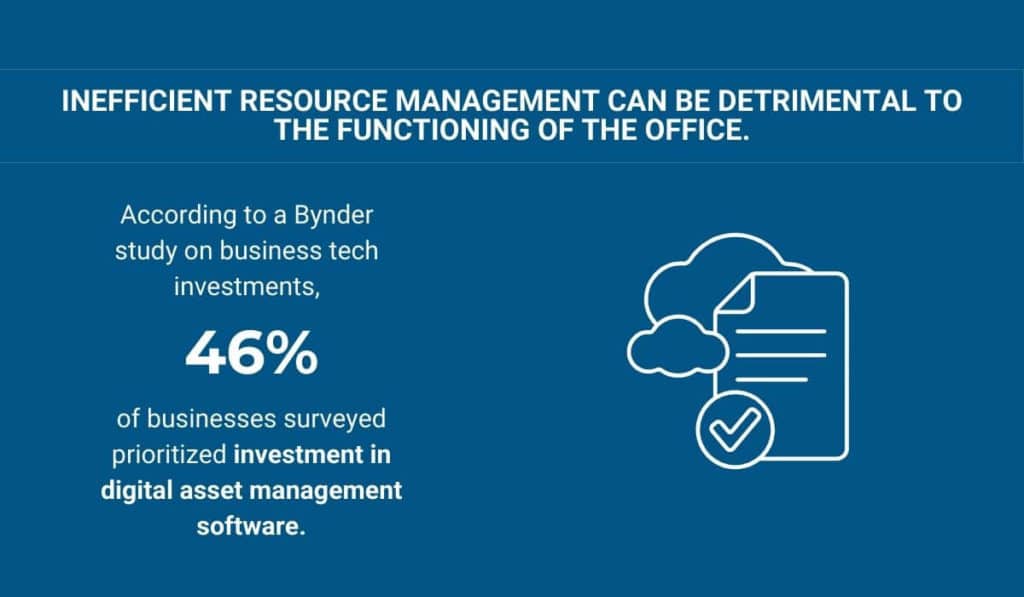
One of the best methods to facilitate quality resource management is to employ the right digital and physical solutions.
If the office relies heavily on files and digital assets, investing in a digital asset management system is critical.
According to a survey by Bynder, 46% of surveyed businesses invested in digital asset management solutions.
And for physical resources and assets?
Getting fantastic office asset management software will save time and enable office administrators to manage their resources seamlessly.
Conclusion
Now you understand the nine essential skills every office administrator needs to master to support the entire office staff.
As we said, this is a unique set of skills that often takes years to master.
However, knowing what these skills are and how to encourage them will make a massive difference.
Think about how your office can benefit from these skills—and work on developing them.
We’ll see you soon!


